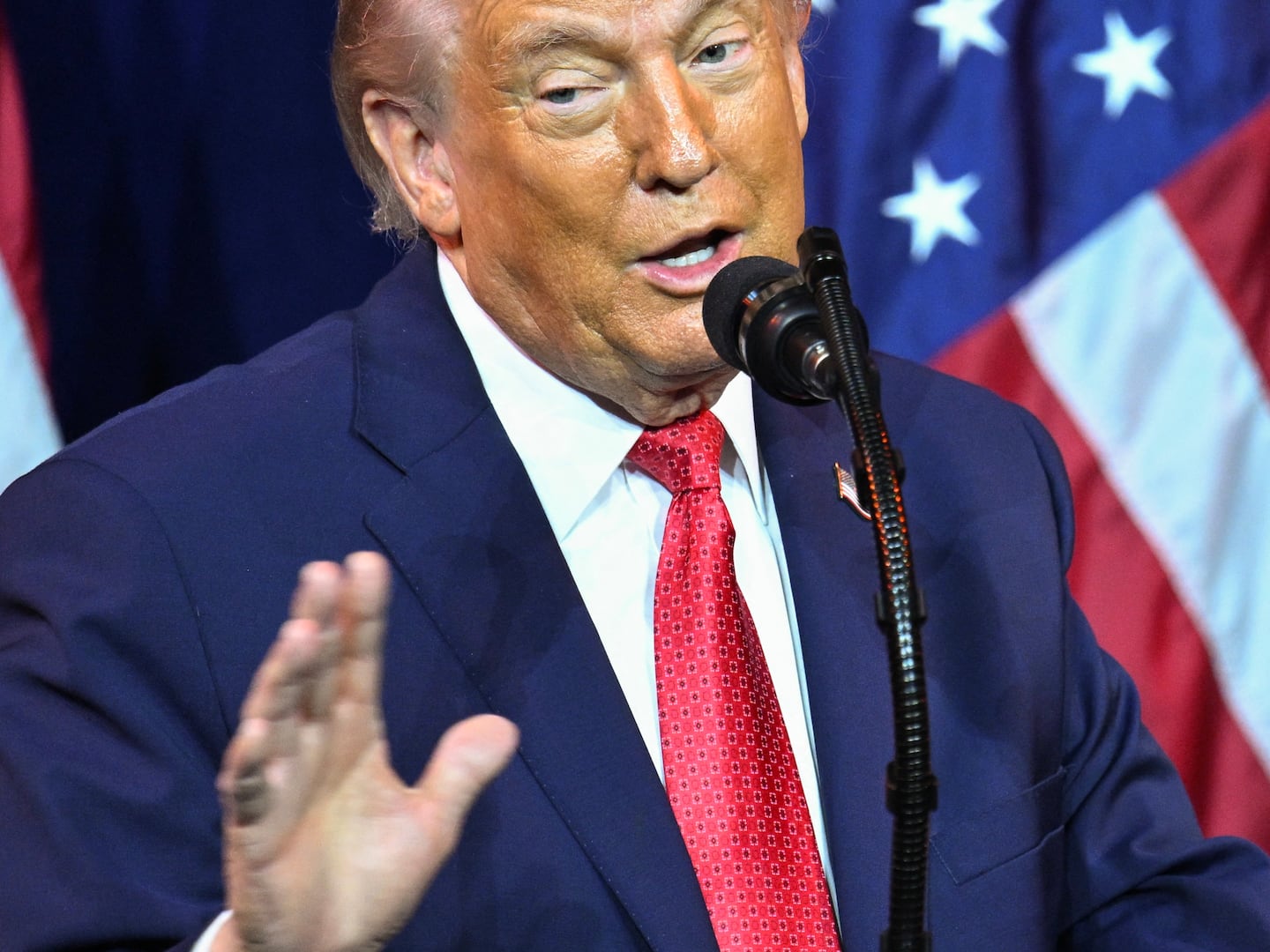Fresh off a major court setback over its detention powers, the Trump administration is signaling its intention to transfer to another country an American citizen it has held without charge for 119 days as an enemy combatant, in order to preempt a federal judge’s rebuke.
Justice Department attorneys asked Judge Tanya Chutkan to recognize a claimed right to transfer the anonymous U.S. citizen the military has held since September in an undisclosed prison in Iraq.
“Releasing [the man] from U.S. custody into the custody of another country with a legitimate interest in him is one of the options under consideration,” wrote a team of Justice Department lawyers, arguing to “foreclose any judicial restriction” on a possible transfer.
Habeas corpus, the central principle of Anglo-American law preventing the government from indefinite detention without charge, “is not a device for requiring continued custody by that Government or preventing release by that Government to another sovereign with a legitimate interest,” the Justice Department wrote in court papers filed late Monday afternoon.
The administration’s argument was an outgrowth of a Friday loss it suffered in Chutkin’s courtroom.
On Friday, the American Civil Liberties Union revealed it had acquired the anonymous man’s consent for the ACLU to challenge his detention. Chutkan had already ordered the Pentagon to provide the ACLU access to the man in order to gain a definitive answer to the point the Trump administration had spent months contesting in court: whether he wanted legal representation to contest his captivity at all.
Chutkan, in her December ruling, had included another problem for the government. Until they resolved the question of whether the anonymous man wanted his so-called habeas corpus petition to proceed, she blocked the administration from transferring him to another country – which would permit the government to, at the least, avoid having a judge explicitly limit its claimed powers of detention, at least back to the limits set by the Supreme Court in 2004, the last time the U.S. attempted holding a citizen as an enemy combatant.
The prospect of transferring the anonymous American has been a part of the internal administration deliberation about what to do with him. The New York Times reported last month that a live option is transferring him to Saudi Arabia. Now that the habeas corpus petition is moving forward, the government’s court filing indicated the transfer option has an added urgency.
The anonymous man’s lead ACLU attorney, Jonathan Hafetz, told The Daily Beast that transferring the man to forestall an adverse verdict would be as lawless as detaining a citizen without charge.
“Just as the government does not have unchecked executive power to detain Americans, it doesn’t have the power to circumvent Americans ability to challenge their detention by removing them from the jurisdiction of court,” Hafetz said.
The man’s captivity was first reported by The Daily Beast in September. It has prompted a dramatic courtroom battle over the extent of the Trump administration’s detentions authority.
On September 14, The Daily Beast reported that the man surrendered to U.S. proxy forces in Syria after fighting for the so-called Islamic State. At the time, Pentagon spokesman Eric Pahon did not claim the man was an ISIS fighter, saying simply: “Syrian Democratic Forces turned over to US forces an American citizen who surrendered to SDF on or around Sept. 12.”
After the government declined to release the man’s name, or charge him with a crime in federal court, the ACLU took the drastic step of pressing his right to a trial in court on behalf of a man who had not hired it and whose name its attorneys did not know.
And in the government’s latest move to delay the habeas case, it made an extraordinary pivot. After preventing the release of the man’s identity for nearly four months, it charged the ACLU with releasing it – something the man told his new attorneys he did not wish them to do.
Chutkan should require the ACLU refile a “valid” habeas petition “using the detainee’s real name, consistent with most, if not all, other habeas petitions that are filed by counsel who know the identities of their clients,” the government argued in its Monday filing.
“It drips with irony that the government deliberately kept a citizen’s name secret to block his access to the courts, and now once the citizen has access to the courts, they’re demanding his name be released over his objection,” Hafetz said.
The government spent the past three months challenging the ACLU’s legal standing to bring such a case to court. By late November, it conceded in court papers that the anonymous man had explicitly requested an attorney during an FBI interrogation in which agents advised him of his Miranda right to one.
After Friday, the prospect loomed large that Chutkan will soon proceed to the merits of the habeas case – that is, ordering the government to present the facts of the detention and its legal argument for why an American can be held without charge. The ACLU requested the administration do so by Wednesday.
In its filings, the government called that suggested deadline “not reasonable or workable given the serious complications in compiling facts scattered across multiple agencies and at various classification levels concerning an individual captured by foreign forces on a foreign battlefield.”
It asked for 43 additional days to compile its case – which would be 162 days into the man’s detention. Hafetz called the request a “preposterous and alarming” delay.
“The Trump administration’s approach to American citizens now appears to be imprison first and gather evidence later,” he said.
But unless Chutkan moves against the latest administration maneuver, the latest fight over the administration’s detention powers might all be over before it begins in earnest.






